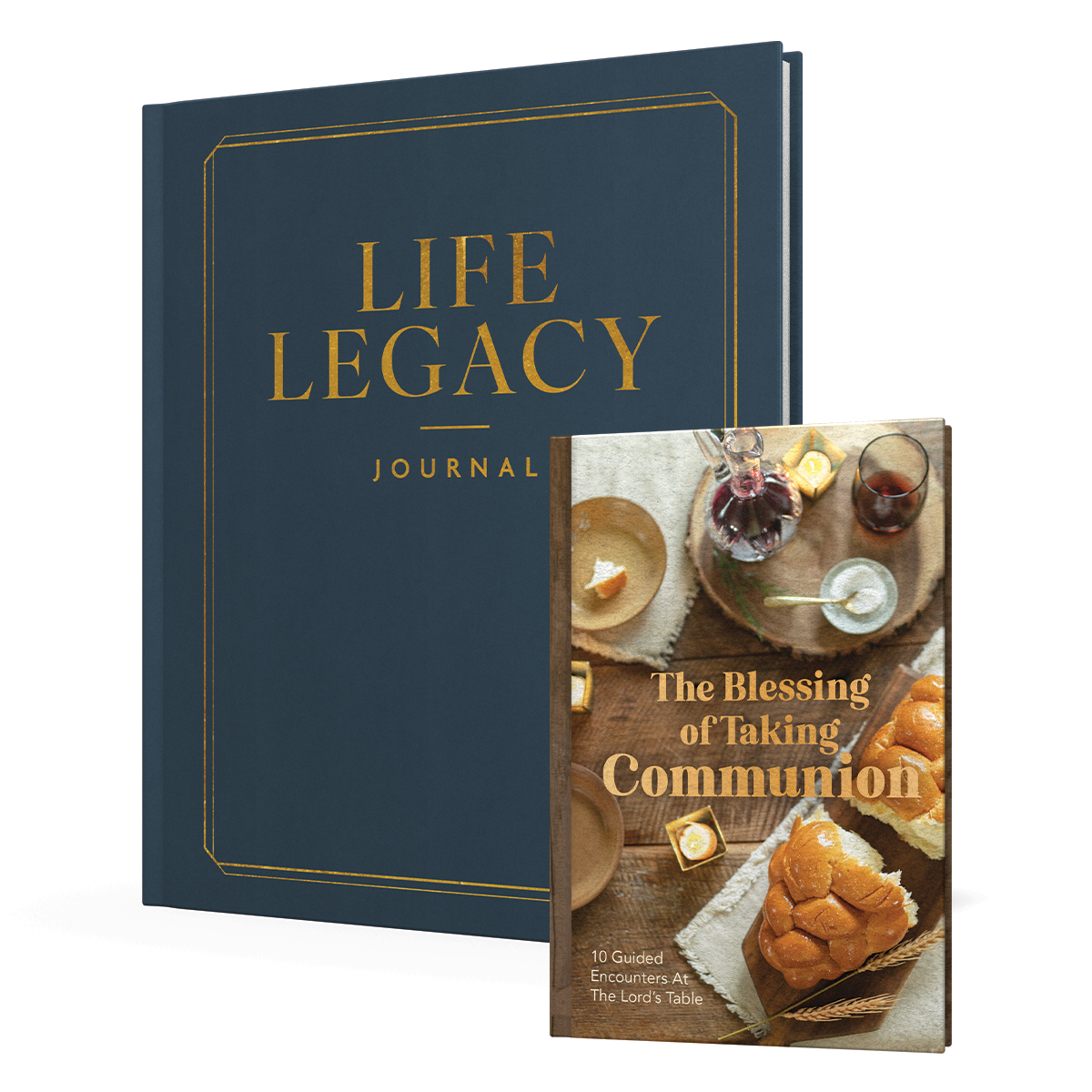When you do trust in Christ, you become a new creation (2 Cor. 5:17). In other words, you are no longer defined by what you’ve done in the past. God is not judging you for your mistakes; he’s forgiven and forgotten them (Ps. 103:12).
But how are you defining yourself? Where do you find your identity?
In college, and before I was a Christian, I was a partier. And when I and my friends in Waco really wanted to party, we’d make the hundred-mile drive to Dallas. On one such weekend, we all decided to go to a club in Deep Ellum, which was then a clubbing district of Dallas. We made the drive with one problem in mind: while everyone else was older than twenty-one, I was still underage. I had a plan, though. My roommate would give me his ID to get in and then I’d pass it back to him. We figured that nobody really looks at the ID anyway, so they wouldn’t notice that I wasn’t the guy in the photo or that the bouncer was seeing the same ID twice. I would go in first, my roommate would go in last, and our other friends would go between us and pass his ID back. I know what you’re thinking: I’m a genius. That’s what I thought too.
When I get to the bouncer, he looks at me, looks at the ID, and starts shaking his head. “It says here that you’re five-foot-nine.” But I tried to play it cool. “That’s a typo,” I replied. “I’m five-nineteen.” (If you do the math, that actually works out to six-foot-seven. Like I said, genius.)
He looks back down at the ID, still shaking his head, and reads the name out loud. “Babak Ali Hadid?” You see, my roommate was born in Iran and then moved to the United States. I, on the other hand, was not born in Iran, and I don’t really look very Iranian, because I’m not.
Obviously, I hadn’t thought the whole thing through very well, and my “genius” plan didn’t work. It was dumb, and kind of sad, for me to pretend to be someone I was not. Yet many of us subscribe to some kind of fake identity in the way we see ourselves and define who we are.
For example, imagine if I asked you a very basic question: “Who are you?” You might answer by telling me your name. That’s great, but that’s just the words your parents decided to call you when you were born. It doesn’t really say anything about who you are. It’s more of a sound that was assigned to you. Who are you, really?
If you’re in school, you might say that you are a student. But what happens when you graduate? You’ll still be the same person, but you’ll no longer be a student. Being a student is temporary. It’s not really who you are, and it shouldn’t define you as a person. Similarly, defining yourself by your job, or saying that you’re a salesperson/nurse/janitor/insert career here, only describes what you currently do for about forty hours a week (which is less than a quarter of the 168 hours you get to live every week). It’s still not who you are.
There are other ways you might define your identity. You might define yourself by your worldly accomplishments: your income level, your MBA degree, your state championship. You might find your identity in your earthly desires: “I love shopping,” “I’m a foodie,” “I can out-drink anyone.” Some people get hung up on what they’ve done in the past: being an ex-con, getting a divorce, having an abortion. But none of those things determine who you really are.
Who you really are is not your temporary role, what you’ve done, or what you like to do. Who you really are, and the only identity that matters in the long run, is who you will be forever. That’s an enormous statement. Think about it. The only things about you that truly count are the things that will last forever.
Jonathan Pokluda appears this Wednesday on LIFE TODAY. This is an excerpt from Welcome To Adulting by Jonathan Pokluda. Copyright ©2018 by Jonathan Pokluda. Published by Baker Books, a division of Baker Publishing Group. Used by permission.










